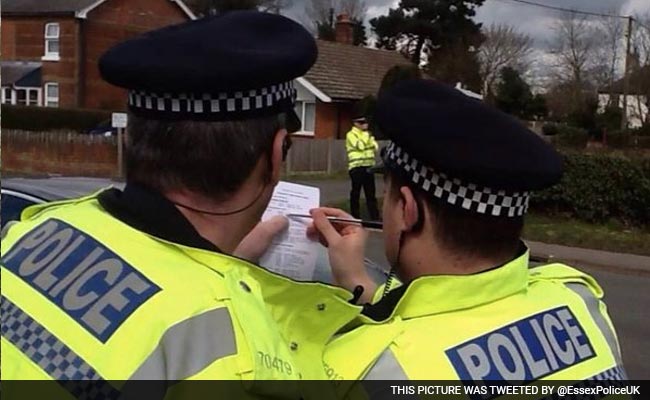For First Time, UK Plans To Treat Extreme Misogyny As A Form Of Terrorism
For the first time, the UK government is planning to treat extreme misogyny as a form of terrorism, the Telegraph reported.

Join our WhatsApp Community to receive travel deals, free stays, and special offers!
- Join Now -
Join our WhatsApp Community to receive travel deals, free stays, and special offers!
- Join Now -
For the first time, the UK government is planning to treat extreme misogyny as a form of terrorism, the Telegraph reported.
To tackle growing incidents of violence against women and girls, UK home secretary Yvette Cooper has ordered a review of the counter-terrorism strategy which will help identify gaps in current laws and also study emerging ideologies especially online misogynistic discourse.
This move will look at violence against women in the same way as far-right extremism.
Under the suggested legislation, it would be mandatory for school teachers to refer students they suspect of extreme misogyny to the government's counter-terror programme.
Anyone who is referred to the programme is assessed by local police to see if they show signs of radicalistaion and need to be deradicalised.
This comes after reports warned that misogynistic influencers like Andrew Tate are radicalising teenage boys online in the same way terrorist draw in their followers.
Last year, counter-extremism workers warned of a rise in the number of cases being referred to them by schools concerned about the his influence. The reports included incidents of verbal harassment of female teachers or other students which reflected the influencer's views.
The UK Home Ministry has several extremism categories marked as areas of "concern" and this includes a category for "incel" - an abbreviation of the term "involuntary celibate" - which refers to a misogynistic view that blames women for men's failure to get sexual opportunities.
UK officials now fear that this category does not capture other forms of extreme misogyny.
"For too long, governments have failed to address the rise in extremism, both online and on our streets, and we've seen the number of young people radicalised online grow. Hateful incitement of all kinds fractures and frays the very fabric of our communities and our democracy," Ms Cooper told the Telegraph.
Last month, UK's National Police Chiefs' Council published a report on violence against women and girls labelling it as a national emergency.









